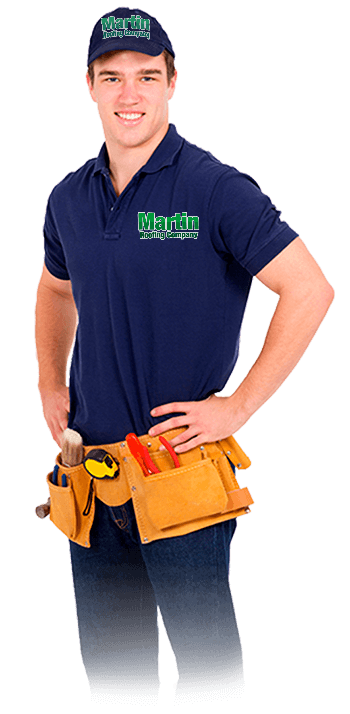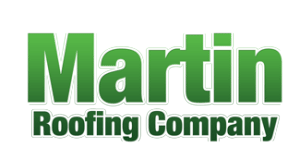Frequently Asked Questions
What Kind of roof is Right for Me?
What Will it Cost?
What Materials Should Be Used?
Asphalt/Fiberglass shingles. This is the most commonly used of all roof materials, probably because it’s the least expensive ;( but not always) it looks good and can last many years. Today’s relatively lightweight and flexible shingles are typically made from a fiberglass mat, covered in asphalt and colored with mineral granules. With manufacturing innovations that include everything from superior-strength Micro Weave Core construction to granules that lock in color and provide valuable UV protection against the sun’s damaging rays, you won’t have any trouble finding a good-looking, high-performing asphalt shingle to suit your home and budget.
Tile/Clay or Cement. This is also a popular choice depending on the style of your home. Clay or concrete tile roofs are beautiful. The available styles and colors will help enhance any architecture resulting in curb appeal that is not available with other roofing materials. Adding the performance and longevity of a concrete/clay tile roof results in a project that gets noticed. Whether you are a production builder looking for ways to differentiate your development or a homeowner who plans to sell your home in the near future, a concrete tile roof will help increase the home’s value.
What Asphalt Shingle Styles are Available?
Although driveways, lawns, siding and front doors get most of the attention when we think about curb appeal, the roof actually contributes mightily to the look of a house. If you are considering a new roof, look for the shingle or tile that best suits your home’s architectural style. You’ll also want to factor in the surface area, pitch and angle of the roof to determine whether a standard three-tab, dimensional or artisan-crafted shingle will deliver the look you want. Or you might prefer tile, there is the classic Spanish Clay tile. Concrete flat tile, the high or low rise barrel type.
How Durable Will My New Roof Be?
In addition to the shingle’s/tile durability, you’ll want to check the manufacturer’s warranty. Many shingles/tile we use offers a Lifetime Limited Warranty (that includes wind damage coverage of up to 130 MPH speeds*) on many of its premium products. Since the warranty is transferable to the next owner, the roof can become a desirable selling feature to prospective buyers.
How to Make the Choice?
Built-Up Roofing or Flat Deck, Built up roof membranes, referred to by the acronym BUR, have been in use in the U.S. for more than 100 years. These roof systems are commonly referred to as “tar and gravel” roofs. BUR systems generally are composed of alternating layers of bitumen and reinforcing fabrics that create a finished membrane. The number of plies in a cross section is the number of plies on a roof: The term “four plies” denotes a four ply roof membrane construction. Sometimes, a base sheet, used as the bottom most ply, is mechanically fastened. Built up roofs generally are considered to have fully adhered if applied directly to roof decks or insulation.
The reinforcing fabrics also are called roofing felts or ply sheets. Roofing felts are reinforced with either glass-fiber mats or organic mats. Felts are produced in a standard width of 36 inches and metric width of about one meter.
The bitumen typically used in BUR (built up roofing) roof systems is asphalt, heated tar or cold-applied adhesive. The asphalt or coal tar is heated in a kettle or tanker and then applied by mop or mechanical spreader. Asphalt is a petroleum product refined from crude oil; coal tar is derived from the distillation of coal. Cold-applied adhesives typically are solvent-based asphalts that don’t have to be heated in a kettle or tanker, (CertainTeed S/A Peel & Stick).
Surfaces for built up roof systems include aggregate (such as gravel, slag or mineral granules), glass-fiber or mineral surfaced cap sheets, hot asphalt mopped over the entire surface, aluminum coatings or elastomeric coatings.
Are There Additional Costs?
Where are The Materials Made?
Can You Roof Over an Existing Roof?
The code is the same for built-up or flat roofing. Our policy, however, is it is best to remove all layers to start fresh. Sixty plus years experience has shown this is the best way to insure the roof will not leak.
What if I Have a Dish or Solar?
What is Your Payment Policy?
What is the Anatomy of a Roof?
The Best Roofer in Ventura County
Your Roof is Our Reputation,
Get a No Obligation Free Estimate
(805)647-4238

Address & Phone
1340 Los Angeles Ave,
Ventura CA 93004
(805) 647-4238
License# 272074
Mailing Address
P.O. Box 4999
Ventura CA 93007
Hours
Mon- Fri: 9am-4:30pm
Sat-Sun: Closed
License# 272074
